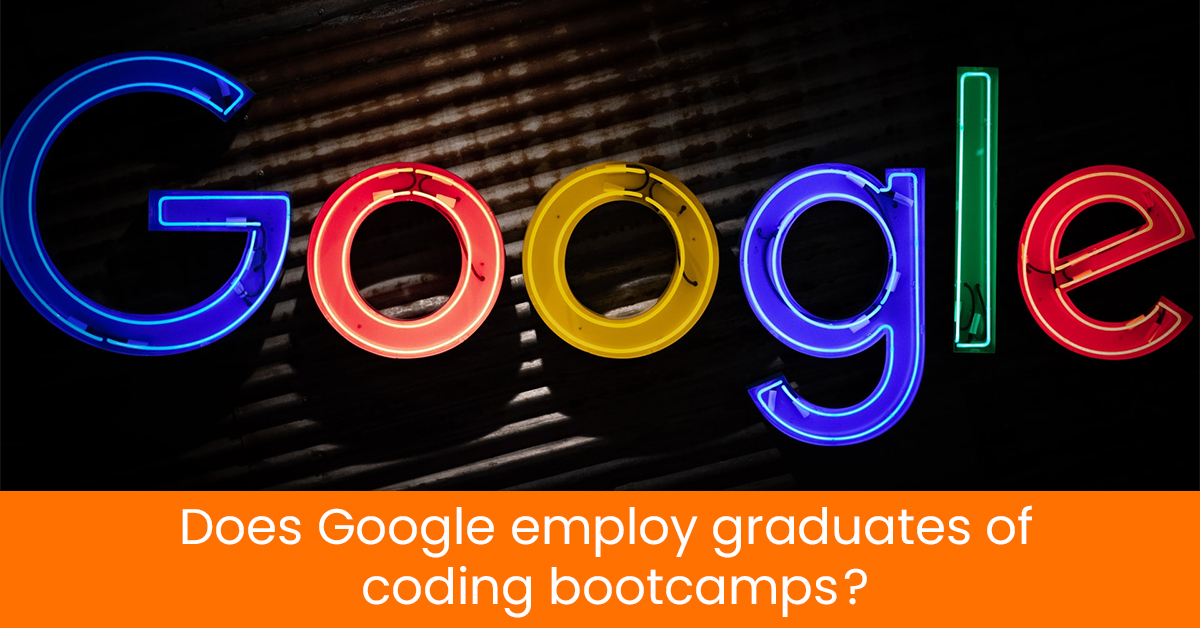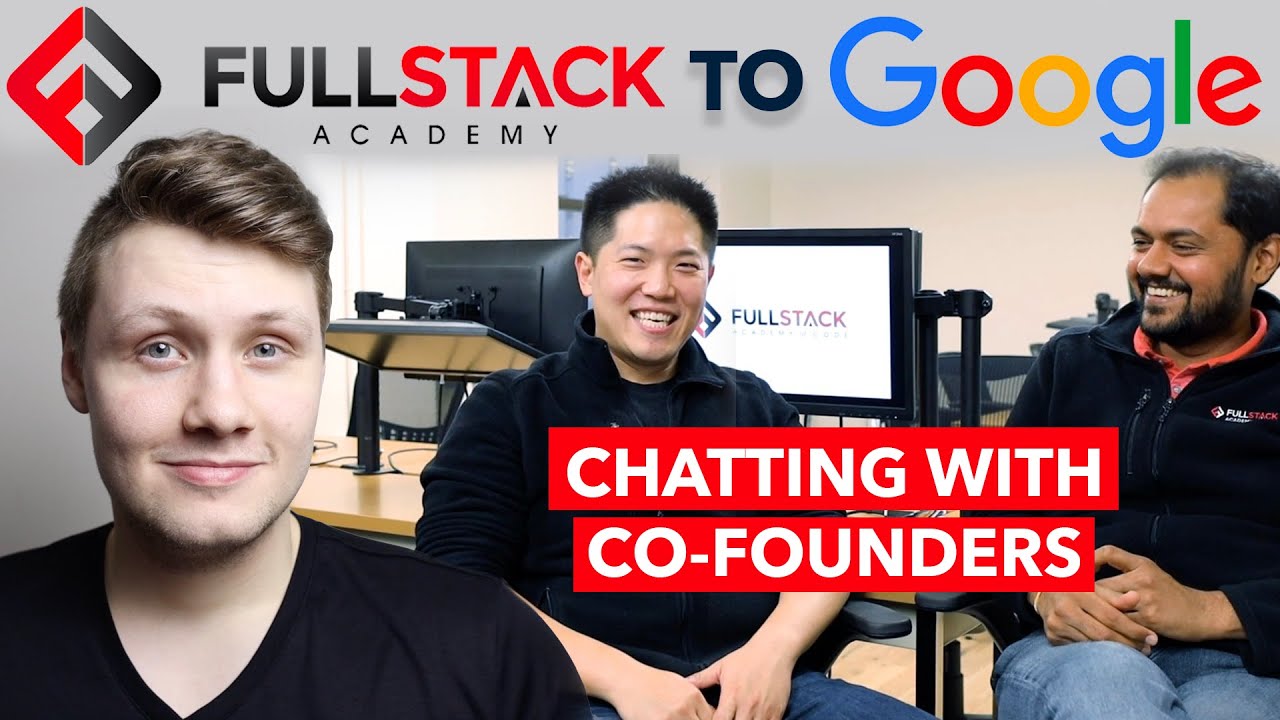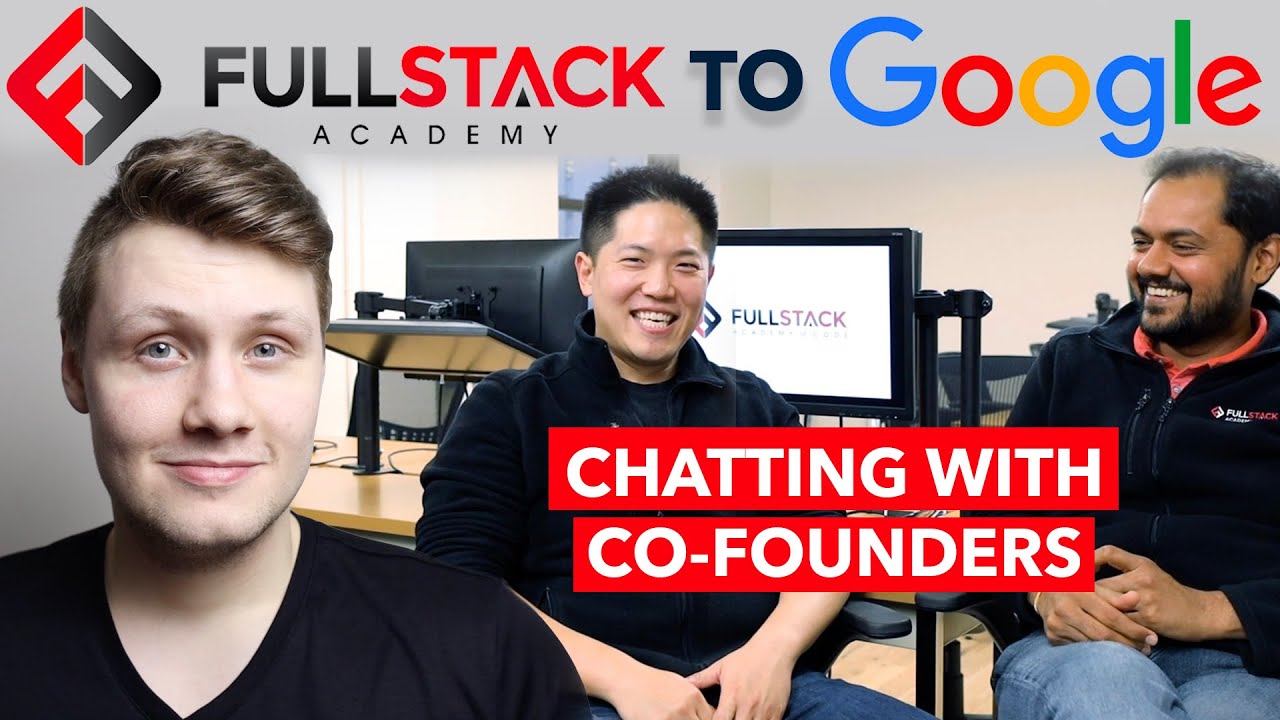Google’s Hiring Practices

Google’s recruitment process for software engineers is highly competitive and rigorous, emphasizing both technical skills and cultural fit. The company seeks individuals who can not only solve complex problems but also thrive in a collaborative, fast-paced environment. Their approach involves a multi-stage process, typically including online assessments, technical interviews, and behavioral interviews.
Google’s general approach prioritizes identifying candidates with a strong foundation in computer science fundamentals and the ability to adapt to new technologies quickly. They value problem-solving skills, coding proficiency, and the ability to work effectively within a team. The entire process is designed to assess not just technical capabilities but also the candidate’s personality and overall suitability for Google’s work culture.
Qualifications Sought in Software Engineering Candidates
Google looks for a diverse range of skills and experiences in its software engineering candidates. While specific requirements may vary based on the role and team, several key qualifications consistently emerge. These include a strong understanding of data structures and algorithms, proficiency in at least one programming language (often C++, Java, Python, or Go), experience with software development methodologies (such as Agile), and the ability to communicate technical concepts effectively. Problem-solving abilities are paramount, as demonstrated through the ability to break down complex problems into smaller, manageable components and develop efficient solutions. Furthermore, candidates are assessed on their collaborative skills, demonstrating teamwork and the ability to work effectively with diverse individuals.
Experience Versus Educational Background in Google’s Hiring Decisions
While a strong educational background is often beneficial, Google’s hiring decisions are not solely based on the prestige of a candidate’s university or the type of degree earned. Practical experience, demonstrated through projects, contributions to open-source software, or previous work experience, plays a significant role. A candidate with a less traditional background but demonstrably strong skills and experience can be just as competitive as a candidate with a top-tier university degree. Google’s emphasis is on the candidate’s ability to perform the job effectively, regardless of the specific path they took to acquire the necessary skills. This makes bootcamp graduates competitive, provided they can demonstrate proficiency through a portfolio of projects and strong performance in technical interviews.
Comparison of Qualifications: University Graduates vs. Bootcamp Graduates
| Qualification | University Graduate Expectation | Bootcamp Graduate Expectation | Key Differences |
|---|---|---|---|
| Formal Education | Bachelor’s or Master’s degree in Computer Science or related field | Completion of an intensive coding bootcamp program | University graduates possess a broader theoretical foundation; bootcamp graduates often have more focused practical skills. |
| Programming Proficiency | Strong foundation in multiple programming languages, often gained through coursework and projects. | Proficiency in one or more languages, often with a portfolio of projects demonstrating practical application. | University graduates may have a wider range of language exposure, while bootcamp graduates often specialize in in-demand languages. |
| Project Experience | Projects completed as part of coursework, research, or internships. | Portfolio of projects developed during the bootcamp and personal projects. | Bootcamp graduates often have a more focused portfolio of projects directly related to industry demands. |
| Theoretical Knowledge | Strong understanding of data structures, algorithms, and computer architecture. | Functional understanding of data structures and algorithms, often practically applied in projects. | University graduates typically possess a deeper theoretical understanding, while bootcamp graduates demonstrate practical application. |
| Soft Skills | Developed through coursework, extracurricular activities, and internships. | Developed through collaborative projects and teamwork during the bootcamp. | Both groups should demonstrate strong communication and teamwork skills, but the context of development might differ. |
Bootcamp Graduate Success Stories at Google: Does Google Hire From Coding Bootcamps

While Google’s hiring process is rigorous, coding bootcamp graduates have demonstrably proven their ability to secure roles and thrive within the company. Their success highlights the value of intensive, focused training and the determination to overcome the challenges of transitioning into a tech career. This section showcases examples of these achievements, providing insights into their journeys.
Does google hire from coding bootcamps – Unfortunately, Google does not publicly release specific data on the number of employees hired from coding bootcamps or individual success stories due to privacy concerns. Therefore, providing specific names and details of Google employees who attended coding bootcamps is not possible. However, anecdotal evidence and industry trends suggest a significant number of bootcamp graduates successfully navigate Google’s hiring process and build successful careers there.
Experiences Navigating the Google Hiring Process
Bootcamp graduates often describe the Google interview process as intense but achievable with diligent preparation. They emphasize the importance of focusing on fundamental computer science concepts, data structures and algorithms, and practicing coding challenges on platforms like LeetCode and HackerRank. Many highlight the benefit of collaborative learning and mock interviews with peers to simulate the high-pressure environment of a Google interview. A common theme is the need to demonstrate not only technical proficiency but also strong problem-solving skills, communication abilities, and a collaborative mindset—qualities often cultivated within the intensive bootcamp environment itself. The structured curriculum and project-based learning in bootcamps provide a strong foundation for tackling complex technical questions and demonstrating practical application of learned skills.
Hypothetical Case Study: A Bootcamp Graduate’s Journey to Google, Does google hire from coding bootcamps
Imagine Sarah, a graduate of a full-stack web development bootcamp. Prior to the bootcamp, Sarah worked in a completely unrelated field. During her intensive 12-week program, she developed proficiency in JavaScript, React, Node.js, and SQL. Her capstone project involved building a dynamic e-commerce application incorporating user authentication, a robust database, and a responsive user interface. This project not only demonstrated her technical skills but also showcased her ability to manage a complex project from inception to completion. Sarah meticulously prepared for her Google interviews by practicing coding challenges, studying system design principles, and engaging in mock interviews. She carefully tailored her resume and cover letter to highlight her project achievements and align them with Google’s engineering values. Her strong communication skills and her ability to clearly explain her technical choices during the interview process ultimately led to a successful offer for a Software Engineer role. Sarah’s story represents a common trajectory for many bootcamp graduates who leverage their intensive training, project experience, and dedicated preparation to achieve their career aspirations at Google.
Alternative Pathways to Google for Bootcamp Graduates

Landing a coveted software engineering role at Google straight out of a coding bootcamp can be challenging. However, Google’s vast size and diverse operations offer numerous alternative entry points for skilled bootcamp graduates. Focusing on less traditionally technical roles or leveraging internships can significantly increase the chances of securing a position within the company.
Google’s recruitment process is highly competitive, regardless of the role. Bootcamp graduates should highlight transferable skills acquired during their intensive training and demonstrate a strong understanding of Google’s culture and values. This approach, coupled with a targeted strategy, can open doors to opportunities beyond the immediate perception of a software engineering role.
Non-Engineering Roles at Google for Bootcamp Graduates
Many roles at Google benefit from the practical, project-based learning provided by coding bootcamps. These roles often value problem-solving skills, technical aptitude, and the ability to quickly learn new technologies – all hallmarks of a successful bootcamp graduate. For instance, a bootcamp graduate with strong data analysis skills might find a suitable role within Google’s data science or analytics teams. Similarly, graduates with experience in front-end development could find opportunities in user experience (UX) research or product design, leveraging their understanding of user interfaces and interactions. Strong project management skills developed through bootcamp capstone projects can also translate well to roles within Google’s project management offices. Even roles in technical writing or technical support benefit from a foundational understanding of coding and technology.
Internships as a Stepping Stone to Full-Time Employment
Google offers a highly competitive internship program. Securing an internship provides invaluable experience working within Google’s environment, building a professional network, and demonstrating capabilities directly to hiring managers. Successful completion of an internship significantly increases the likelihood of receiving a full-time offer. Many bootcamp graduates find internships to be an effective pathway, as it allows them to showcase their skills in a real-world setting and build a strong relationship with Google’s teams before applying for a full-time position. The internship experience not only provides practical work experience but also allows graduates to further develop their skills and tailor them to Google’s specific needs and technological stack. This targeted approach significantly enhances their candidacy for future full-time roles.


Tim Redaksi